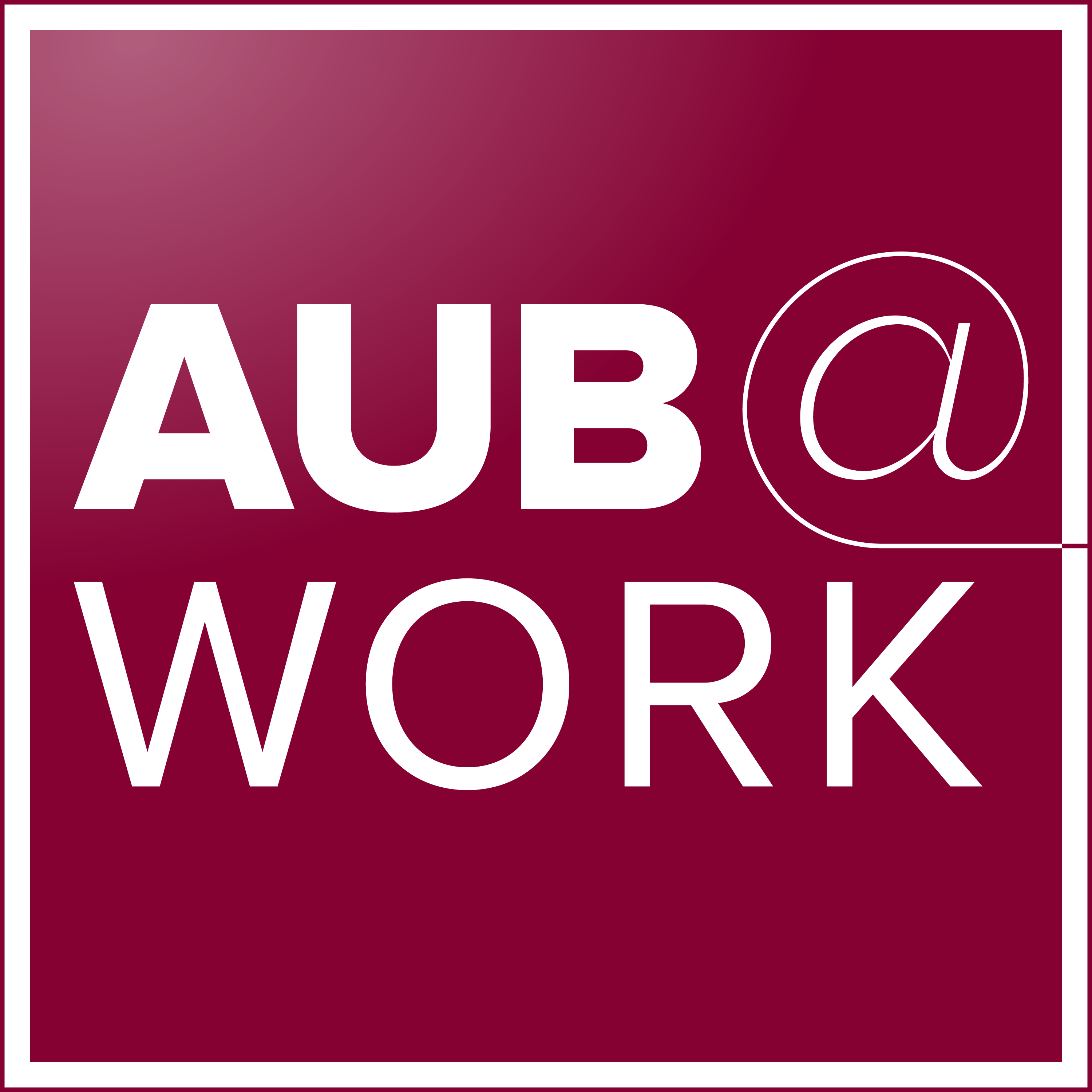Listen "Rebuilding Trust in Institutions in the Middle East"
Episode Synopsis
Air date: September 10, 2025Guest: Simon Neaime, Professor of Economics, American University of Beirut (AUB)Episode SummaryAcross parts of the Middle East, daily life often unfolds as if the state is absent—traffic laws ignored, unreliable public services, and electricity rationed. In this episode, economist Simon Neaime explains why these symptoms point to a deeper crisis: a collapse in trust. He traces the roots of distrust to structural legacies (colonial borders, authoritarianism, patronage) and immediate shocks (conflict, economic collapse), showing how “parallel governance” by non-state actors erodes state legitimacy. Yet Neaime argues the trust deficit is not irreversible. He lays out a practical agenda—from civic empowerment and municipal participation to judicial independence, anti-corruption, inclusive representation, and e-government—highlighting real-world steps in Tunisia, Jordan, and Lebanon’s 2025 municipal elections. His bottom line: without basics like food security, education, healthcare, and reliable public goods, political reforms won’t stick.Key TakeawaysTrust is foundational to political and economic stability, social cohesion, and development.Root causes are layered: colonial legacies, arbitrary borders, authoritarian patronage, conflict-driven institutional decay.Parallel governance arises when the state fails to deliver; militias and non-state actors fill service gaps, undermining legitimacy.Rebuilding trust starts locally: empower municipalities, councils, and civil society to create real participation channels.Rule-of-law reforms matter: judicial independence and anti-corruption are necessary complements to participation.Inclusion is a pillar: decentralization, fair electoral rules, and representation for women, youth, and diaspora widen legitimacy.Deliver the basics: poverty alleviation and reliable public goods must advance alongside governance and economic measures.
More episodes of the podcast AUB@Work
Saving Artifacts with Algorithms
12/11/2025
Native Beach Microbes Against Oil Spills
12/11/2025
Turning a Phone Camera into a 3D Mapper
12/11/2025
NCC's Blueprint for Climate Resilience
12/11/2025
Toxic Power, Rising Risk
08/10/2025
When Roads Get Hacked
08/10/2025
AI Unlocks Ancient Egyptian Life
08/10/2025
Microscopic Sand, Massive Pollution Solution
10/09/2025
 ZARZA We are Zarza, the prestigious firm behind major projects in information technology.
ZARZA We are Zarza, the prestigious firm behind major projects in information technology.
